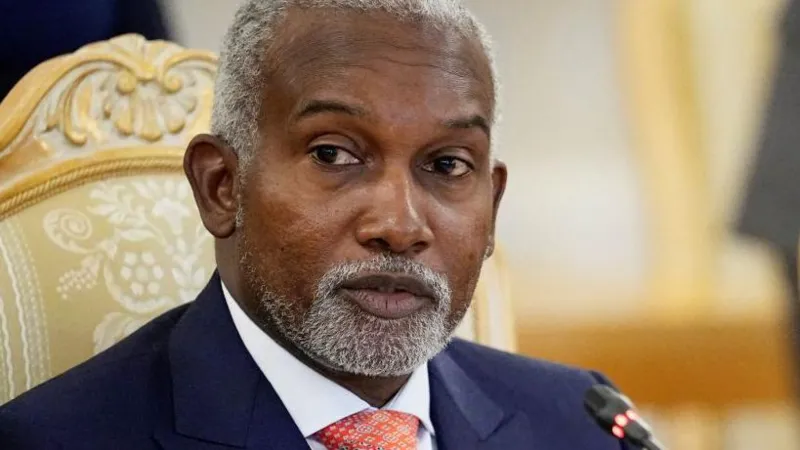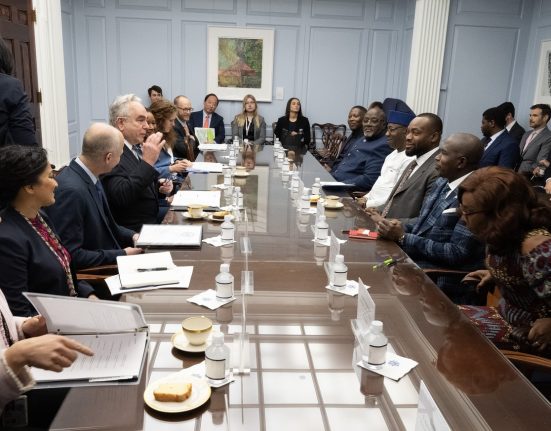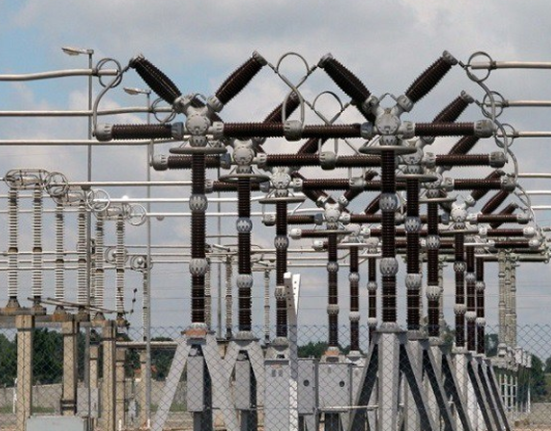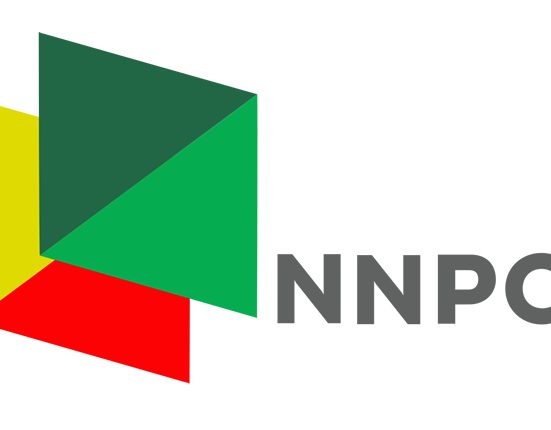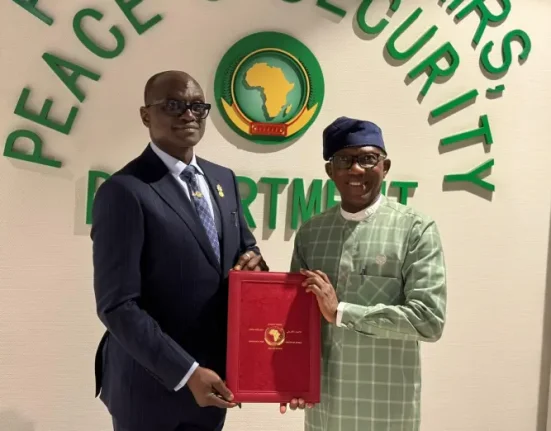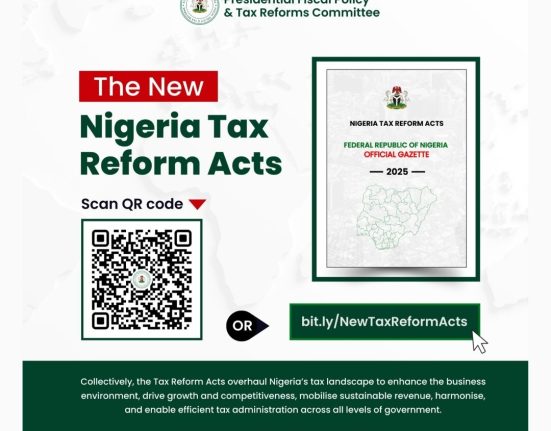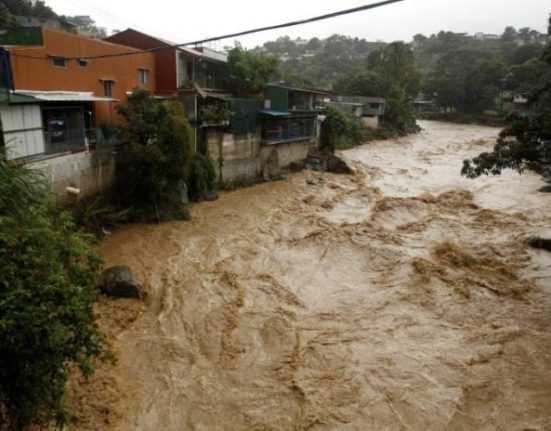Tensions appear to be brewing between Nigeria and the United States over new visa restrictions, following reports that Washington has allegedly made the acceptance of 300,000 Venezuelan deportees by Nigeria a condition for lifting its recently imposed non-immigrant visa limitations.
A diplomatic source familiar with the discussions that the controversial request was made during a closed-door meeting held in Abuja earlier this week. The meeting, according to the source, was between the United States Ambassador to Nigeria, Mr. Richard Mills, and top-ranking Nigerian government officials.
“The U.S. Ambassador told Nigerian officials that Nigeria would need to agree to accept about 300,000 deported Venezuelan migrants in order for Washington to consider restoring previous visa terms,” the source disclosed, speaking on condition of anonymity due to the sensitivity of the matter.
The reported demand comes shortly after the U.S. government announced a significant reduction in the validity period of non-immigrant visas issued to Nigerian nationals—from two years with multiple entries to just three months with a single entry. This change, which took many Nigerians by surprise, has already drawn sharp criticism from the Nigerian government.
Reacting to the new policy, the Presidency condemned what it described as an unfair diplomatic move, insisting that Nigeria has made no reciprocal changes to the visa privileges enjoyed by American citizens. The government also maintained that U.S. nationals are still granted five-year multiple-entry visas in Nigeria, underscoring what it sees as a lack of mutual respect in bilateral relations.
Foreign Affairs Minister, Yusuf Tuggar, speaking during a media briefing on Thursday, firmly rejected the reported condition put forward by the U.S. authorities. He described the idea of Nigeria accepting such a large number of non-African deportees as “totally unacceptable” and stressed that Nigeria would not be used as a “dumping ground” for migrants with no links to its borders, history, or regional obligations.
However, in a sharp contrast to the version of events circulating in diplomatic and media circles, the U.S. Embassy in Nigeria released a statement on Friday via its verified X (formerly Twitter) handle, denying any connection between the new visa restrictions and issues relating to deportees or third-country resettlement negotiations.
“The U.S. Mission Nigeria wishes to address misconceptions about the recent reduction in visa validity for most non-immigrant U.S. visas in Nigeria and other countries,” the embassy wrote. “This reduction is not the result of any nation’s stance on third-country deportees, introduction of e-visa policies, or affiliations with groups like BRICS.”
The embassy further clarified that the changes are part of a global review process aimed at aligning visa policies with U.S. security standards and technical benchmarks to protect the integrity of its immigration system.
Despite the clarification, concerns remain among Nigerians over what many see as a punitive shift in U.S. visa policy. Analysts have also raised eyebrows over the timing of the reported deportation condition, especially as geopolitical tensions rise and Venezuela continues to face a deepening migration crisis.
As the diplomatic row simmers, Nigeria has reaffirmed its commitment to sovereign decision-making and said it will continue to engage Washington through appropriate channels, but without compromising national interest or dignity.

